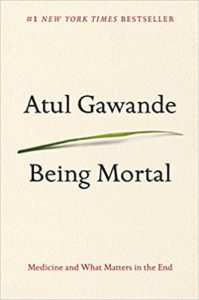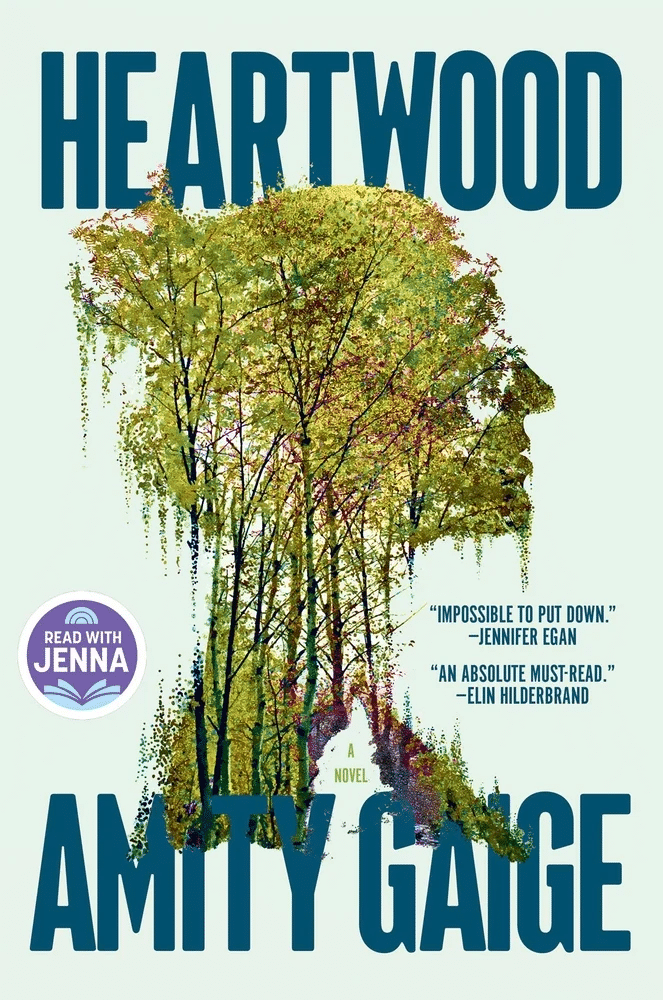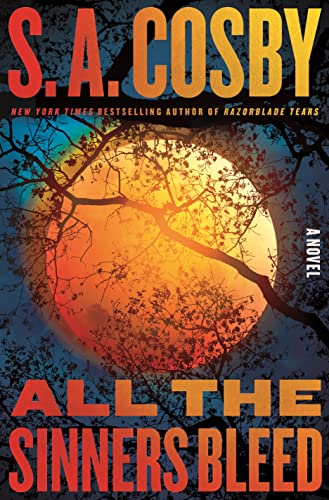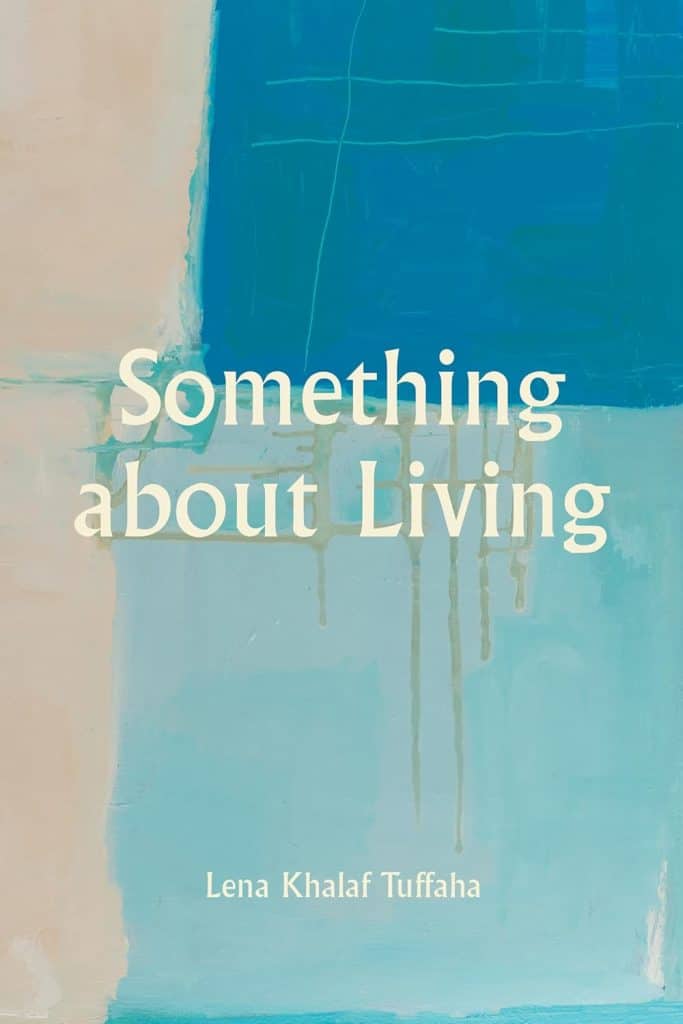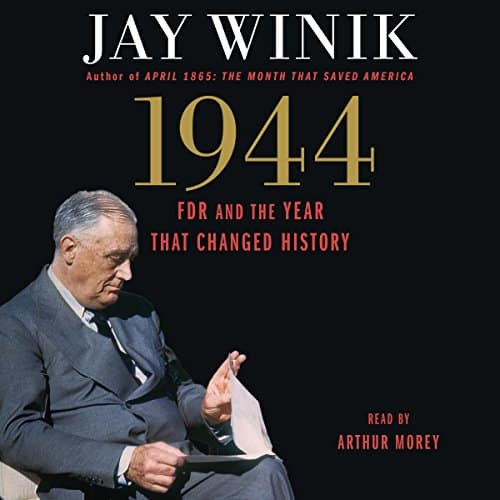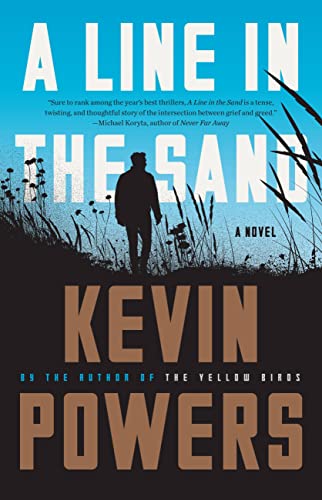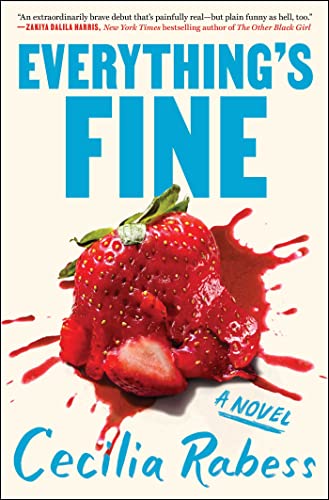How Did I Grieve?
Estimated reading time: 12 minutes, 26 seconds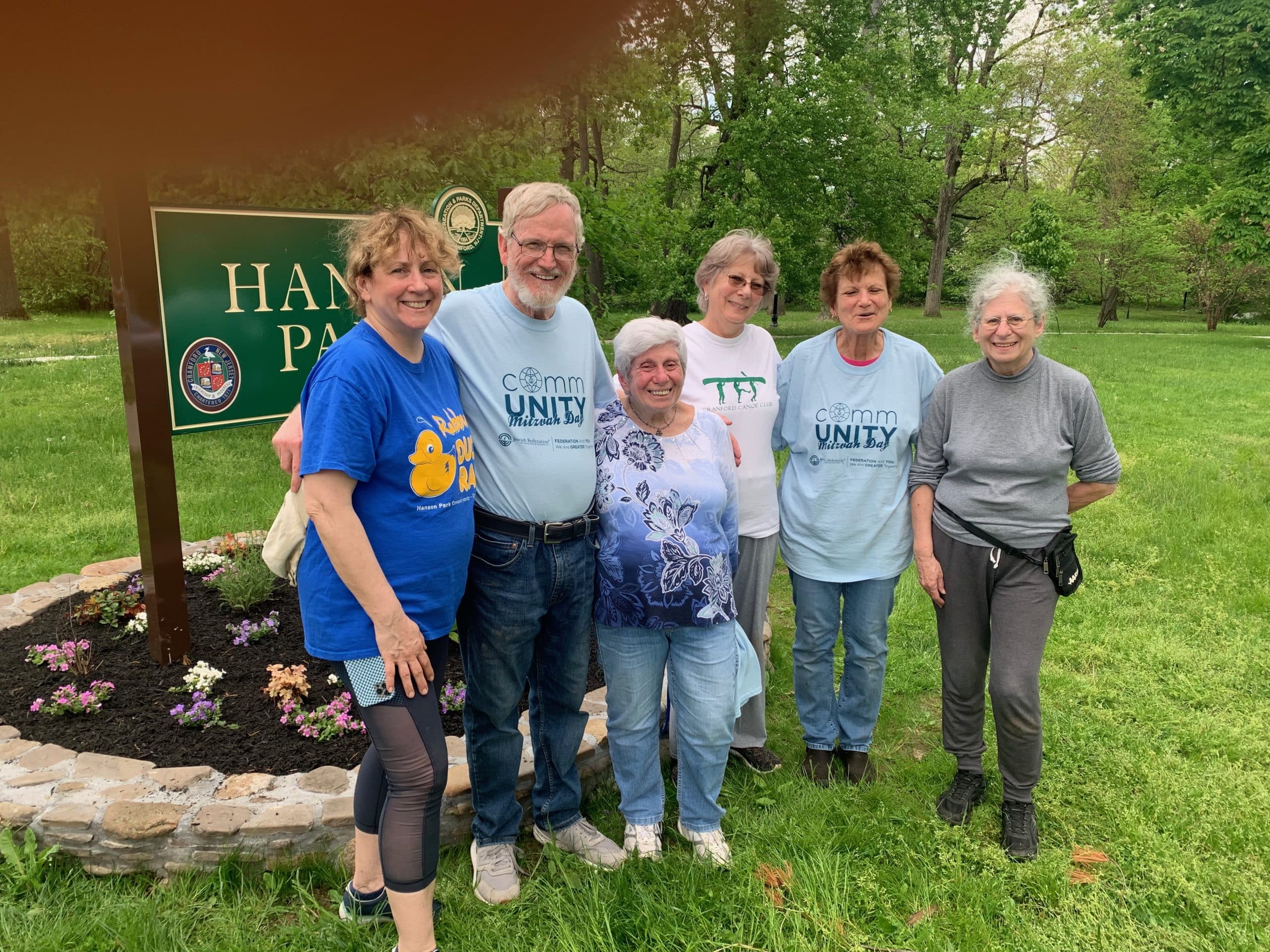
Publicly Mourning
Helped Me to Learn and Grow
It has been almost thirty-eight months since my wife passed away. Losing a loved one, particularly a spouse, is an experience no one would wish for. Atul Gawande wrote in “Being Mortal” that we have come to believe that every medical professional has a magic cure to prevent death or postpone it indefinitely. However, the truth is that death is one of the life cycle events encoded in our DNA.
When Jan, my wife, passed away, I mourned as if I was the first ever to suffer such a loss. I didn’t know if I could choose to grieve in public or private, so I decided to write about my experiences and develop habits that served as guardrails. I shared my writings on social media, attended grief support groups, and even organized a memorial service where I spoke about Jan and our life together. Looking back, I realize the importance of public mourning as it not only helps us heal but also helps others understand and cope with their grief. My journey, marked by resilience and growth, is a testament to the human spirit’s ability to overcome even the most profound loss.
After reading Cody Delistraty‘s essay “It’s Mourning in America” in The New Yorker, I understood I had chosen the best option. The subtitle “In the past century, grief has shifted from a public process to a private problem—something meant to be solved. Is there a better way?” made me reflect on how I mourned and coped with grief. More than three years after the loss, it was a timely reminder to review where I was during the darkest days and how I have learned to live and thrive, showcasing the remarkable resilience of the human spirit.
I have experienced the loss of my parents, Jan’s parents, and friends over the years, which has given me firsthand knowledge of the impact of death. Witnessing the deceased has also been a familiar experience. However, I have struggled to understand how to mourn. As pointed out by Mr. Delistraty, there is a prevalent notion in American culture of seeking closure and swiftly moving on from loss. This concept of ‘closure’ implies that one should neatly tie up their emotions and memories of the deceased, and resume normal activities and routines without allowing oneself to linger in grief. This expectation can be challenging and even harmful, as it may prevent individuals from fully processing their grief and healing in their own time.
After nearly two years of caring for my wife before her passing, I find myself without an understanding of what ‘normal’ means, if it means anything, or how to attain a state of equilibrium that would enable me to carry on. This complexity of grief is a shared experience, and it’s okay not to have all the answers. The more than 100,000 words on my blog have been a form of public mourning. I have shared the depths of despair, the steps I have taken, and how I have grown and sometimes failed. I have found solace in nature, in the support of friends and family, and in giving back to the community. These experiences have been instrumental in my healing and growth, and I hope they can offer some guidance and comfort to others on a similar journey.
Sharing Jan’s Love
In his essay, Mr. Delistraty eloquently discusses public and private grieving traditions. Before the 20th century, death was more common, and mourning was a public process involving family, friends, and neighbors. Now, “there is the stigma of grief—the idea, now rampant in American life, of closure. Most people are reluctant to linger on loss. We are expected to get back to work and back to normal.”
For everyone I know who lost a loved one during COVID-19, the concept of closure was unachievable. Three days before my wife died, NJ Governor Murphy rescinded a rule that limited mourners at a funeral to a dozen as long as those attending practiced social distancing. This rule change was a relief, as it meant more people could attend the funeral and pay their respects to Jan. However, it also presented a new challenge. I am not sure how I would have managed a funeral with such strict limitations. Whom would I have excluded from attendance if only a dozen could attend? These unique circumstances would have added a layer of complexity to my mourning process and forced me to reconsider traditional notions of closure and mourning.
On May 5, during my wife’s funeral at Beth Israel Cemetery in Woodbridge, it was lightly raining, and many of the almost one hundred-attendees had only a day’s notice about her passing and the funeral arrangements. In this shared moment of grief, I tried to express my deep gratitude to everyone who attended, as I recognized that they, too, were mourning Jan. Although some may have perceived my actions as unusual, I felt it was important to publicly thank them and expand our shared support network as we all navigated life without my wife. Their presence and support have been a source of strength and comfort, reminding me that I am not alone in this journey of grief and healing.
Merrit Malloy’s Epitaph, which Jan and I like, was read at her funeral and will be read at mine. When Rabbi Renee read the poem, I knew clearly that I had to give her love away if I would not only mourn but honor her. The last stanza is my wife’s final message to me.
Love doesn’t die,
Merrit Malloy’s Epitaph
People do.
So, when all that’s left of me
Is love,
Give me away.
I am sharing her love not because I no longer love her but because I love her now more than ever. By sharing her love, it will come back to me even more potent. Sharing Jan’s love will keep her memory and legacy alive and strengthen us all. Sharing her passion will inspire and empower us to improve the world and make it a better place for everyone. Sharing Jan’s love is the true expression of my love for her! This commitment to sharing her passion is a testament to the enduring power of love and its ability to transcend even the most profound loss.
I understood, standing by her grave, that my sense of loss was unique as Jan’s husband, but accepting that I was not the only one was a crucial step in how I would manage grief. Having read Being Mortal by Atul Gawande days before my wife’s diagnosis of lymphoma prepared me for hospice but also for acceptance that her death was unavoidable once she was also diagnosed with COVID. He reminds us that “when it comes to the inescapable realities of aging and death, what medicine can do often runs counter to what it should.” As he writes in the book, the current system does not work and, in many cases, actually shortens life. Without that knowledge, I am not sure how I would have coped with hearing from her oncologists that there was no way of treating her and hospice was the only option.
After almost 48 years, I recently lost my wife, Jan Lilien. Like The Little Prince, Jan and I believed that “The most beautiful things in the world cannot be seen or touched, they are felt with the heart.” This blog is a collection of my random thoughts on love, grief, life, and all things considered.


